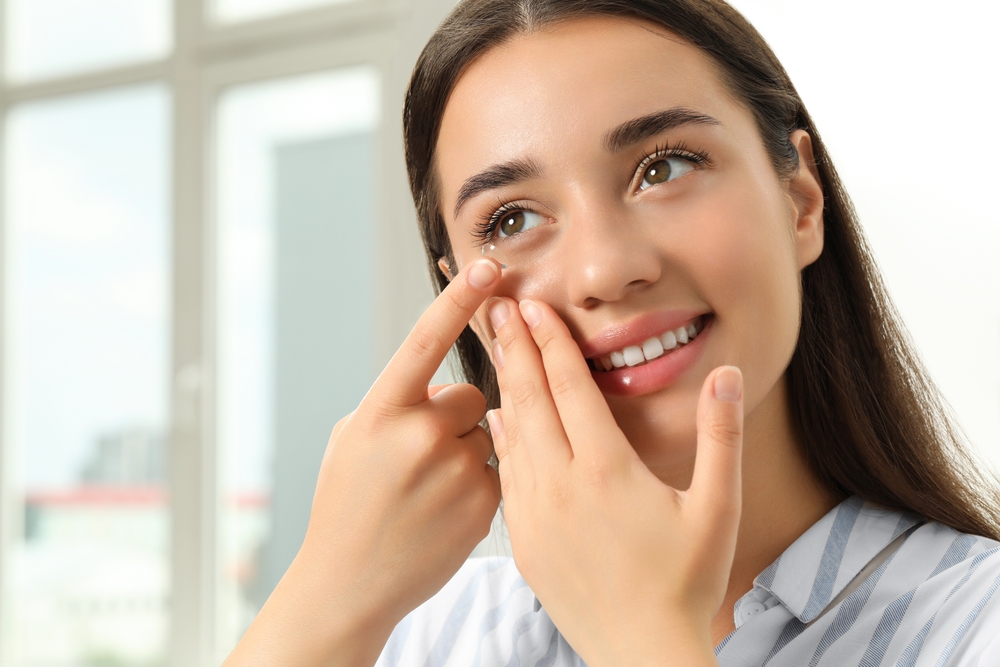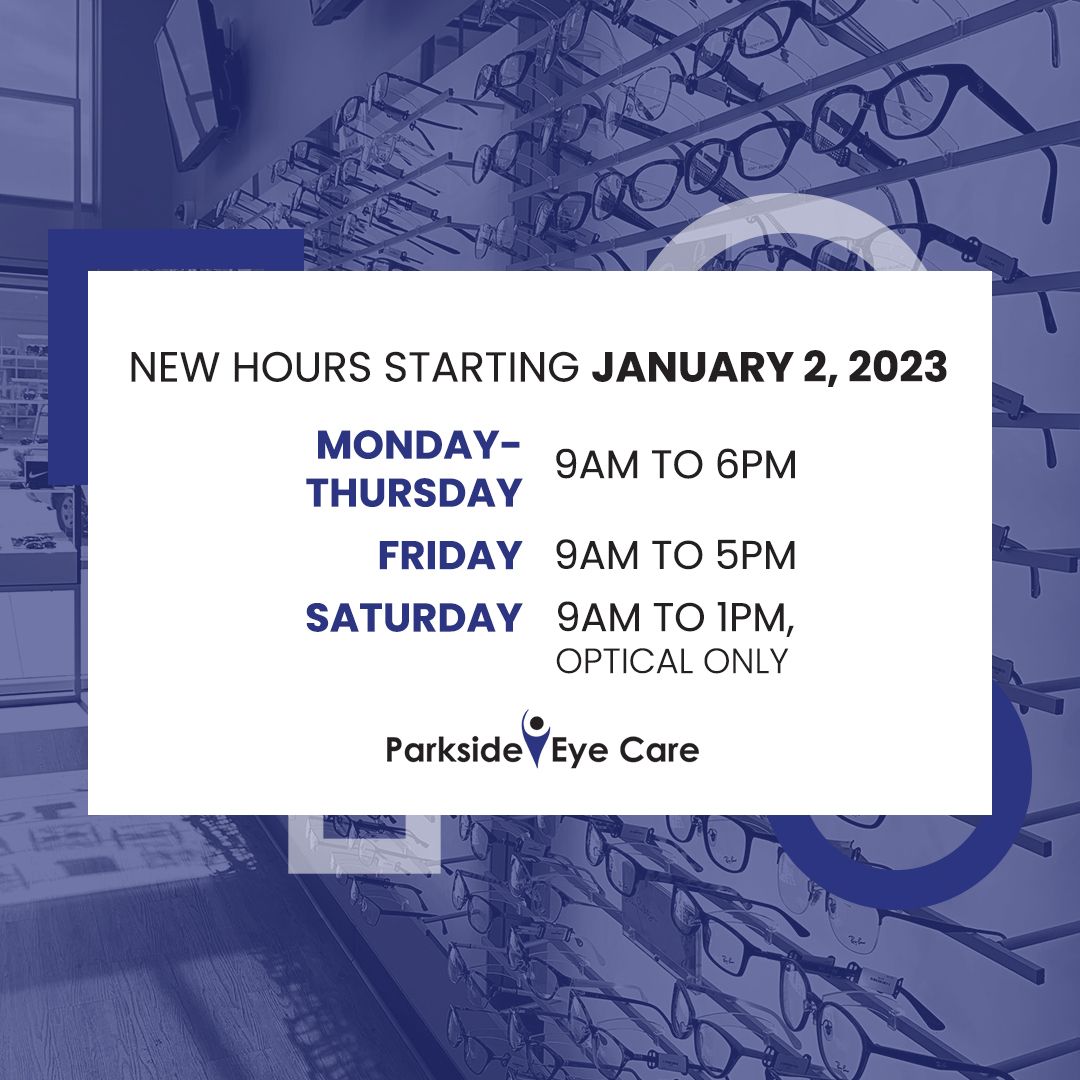
Have you recently learned that you need some kind of corrective eyewear? Perhaps you’ve worn glasses for years but want to switch to contact lenses. Either way, you’ll want to work with experts at a respected vision center. After all, you want to protect your eyes while at the same time improving your vision.
Common Vision Problems
Vision experts treat a broad range of conditions. However, they commonly care for patients with three specific issues:
Myopia – Otherwise known as nearsighted, objects at a distance appear blurry
Hyperopia – Known as farsighted, this makes things up close look blurry
Astigmatism – Not only does this cause both far and close objects to appear blurry, but it also distorts them
If you have one of these, the right doctor can prescribe contacts to remedy the problem.
Correcting Hyperopia with Contacts
For the sake of example, say you struggle with hyperopia (farsightedness). Is it possible to improve your vision with contacts? Yes, but it comes down to working with a doctor who specializes in vision care. In some cases, contact lenses can even correct severe hyperopia in place of surgery.
The first step entails scheduling an appointment at a vision center. A doctor will examine your eyes to confirm whether you have hyperopia and to determine its severity. From there, the two of you will discuss whether contacts will help and, if so, the kind you need.
Spherical Contact Lenses
Often, doctors recommend spherical contact lenses for people with hyperopia. However, even if they choose a different type, they’ll help you see better. These lenses provide many of the same benefits as gas-permeable or semi-hard lenses.
With spherical contacts, the lens power remains the same throughout the optical portion of the lens. Not only does that correct hyperopia, but it also eliminates the blurriness that often goes along with it.
Spherical lenses, as well as others used to correct farsightedness, have a converging lens that assists the eye to focus more light. This, in turn, causes objects to appear clearer and less blurry.
Additional Considerations
During a consultation, an eye care professional will consider other factors before choosing the best contacts for you. Some of these include:
Wearability — The length of time you would need to wear the contacts will play a role in choosing the appropriate type. After all, some contacts work great for extended wear, while others don’t.
Comfort — Between the various types of contacts used to correct hyperopia, people find some more comfortable than others. When wearing contact lenses, you should never feel them in your eyes. However, you might have more sensitivity to contacts than someone else. The doctor will select contacts that correct the vision problem but also feel comfortable.
Allow Us to Help
Instead of feeling overwhelmed, allow the vision experts to guide you through the process. When fitted with the correct contacts, you’ll see better than ever. In addition, you might notice an improvement in your peripheral vision.
When you’re ready, contact Parkside Eye Care in Cary, North Carolina. As a dedicated team of professionals, we offer our patients safe solutions to see better. Call (919) 883-9987 and we'll be happy to assist you today.














